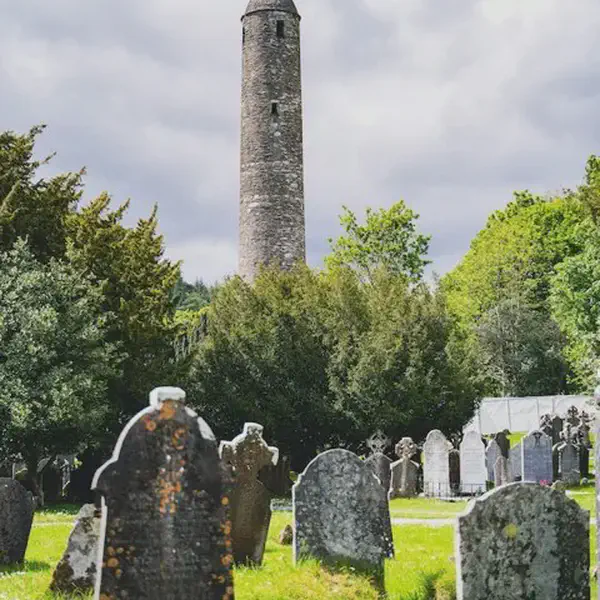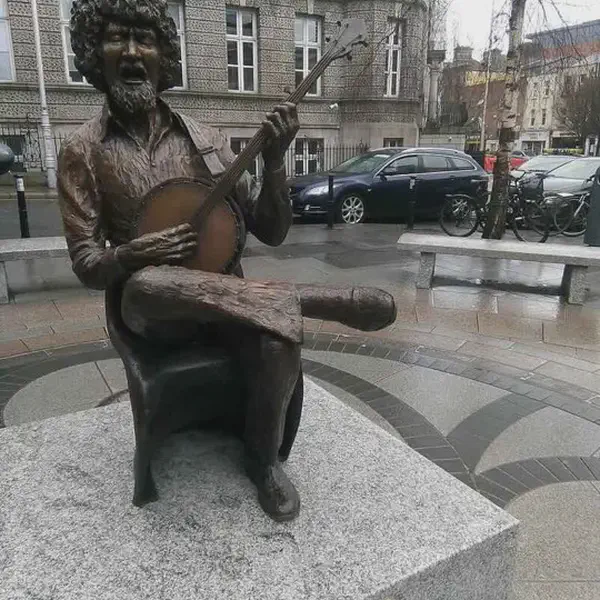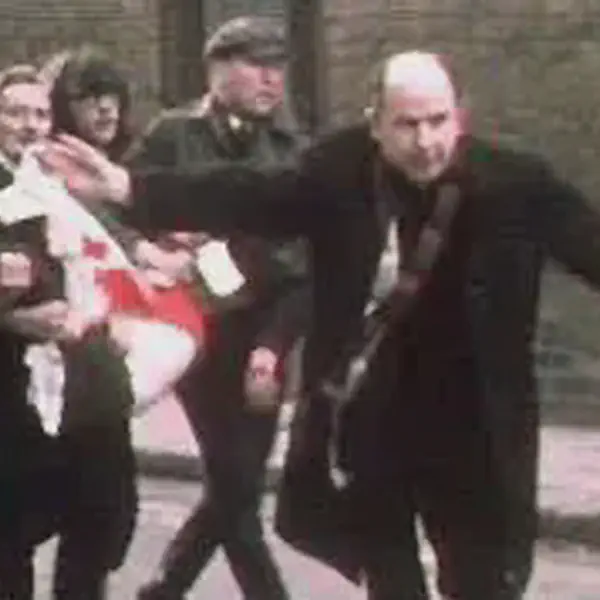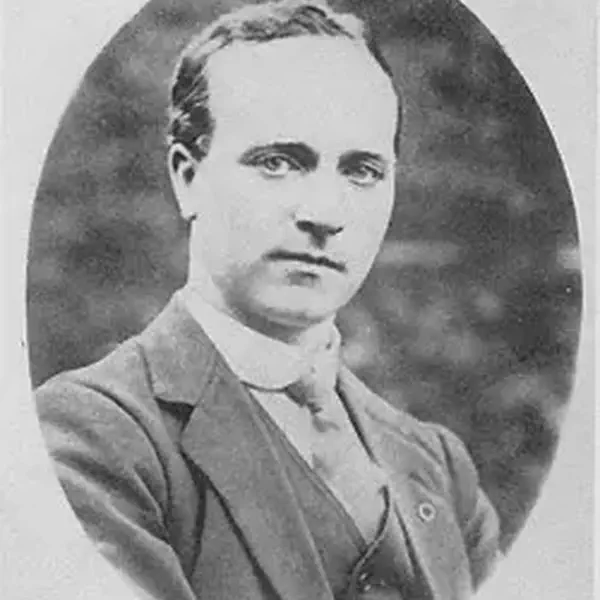Browse all events for January 30.

Ship-wrecked Elizabeth McClean emerges in sand
Buried in the sand at Lahinch for almost 100 years, the ship-wrecked Elizabeth McClean emerges to allow a salvage operation to take its valuable cargo. The 58-foot schooner, laden down with Liscannor stone, sank off the Clare coast in 1904, bound for Glasgow

Luke Kelly, lead vocalist and 5-string banjo member of the Dubliners, dies
Luke Kelly, renowned for his distinctive voice and passionate performances, was a leading figure in the Irish folk music scene. He was a founding member of The Dubliners, a group that played a significant role in popularizing Irish folk music internationally.

Bloody Sunday, Derry City, North Ireland
Bloody Sunday," actually occurred on January 30, 1972, It took place in Derry (also known as Londonderry) in Northern Ireland and is one of the most notorious incidents in the Northern Irish conflict known as “The Troubles.”

Jim Larkin, Irish labor leader, dies
Jim Larkin, an Irish labor leader and socialist, was a central figure in the Irish labor movement in the early 20th century. He is best known for his role in organizing and leading the Irish Transport and General Workers’ Union (ITGWU) and for his involvement in significant labor disputes, most notably the 1913 Dublin Lockout.

Tomás MacCurtain is elected Lord Mayor of Cork for Sinn Féin
Tomás Mac Curtain (20 March 1884 – 20 March 1920) was an Irish Sinn Féin politician who served as the Lord Mayor of Cork until he was assassinated by the Royal Irish Constabulary. He was elected in January 1920.

The Irish Party reunites ten years after it split
The Irish Party, officially known as the Irish Parliamentary Party (IPP), experienced several splits and reunifications during its history, particularly in the late 19th and early 20th centuries. This party was central to Irish politics, especially in the context of the Home Rule campaigns.

John Hughes, sculptor, born in Dublin
John Hughes was a notable Irish sculptor born in Dublin. His life and work had a significant impact on Irish art, particularly in the late 19th and early 20th centuries.

The National Gallery of Ireland, opens
The National Gallery of Ireland, located in the heart of Dublin, is one of the country’s premier art institutions. It opened its doors to the public in 1864, showcasing a rich collection of Irish and European art.

Edward Martyn, playwright, co-founder of Irish Literary Theatre, and Sinn Féin president, is born
Edward Martyn, born on January 30, 1859, was a key figure in the Irish cultural and political landscape in the late 19th and early 20th centuries. He made significant contributions as a playwright, a co-founder of the Irish Literary Theatre, and a political activist, including a term as the president of Sinn Féin.

Kitty O'Shea, mistress and later, the wife of Parnell
Kitty O’Shea, also known as Katharine O’Shea and later Katharine Parnell, is a figure of significant historical interest, primarily due to her relationship with Charles Stewart Parnell, a leading Irish nationalist politician in the late 19th century. Her involvement with Parnell had profound personal and political ramifications.